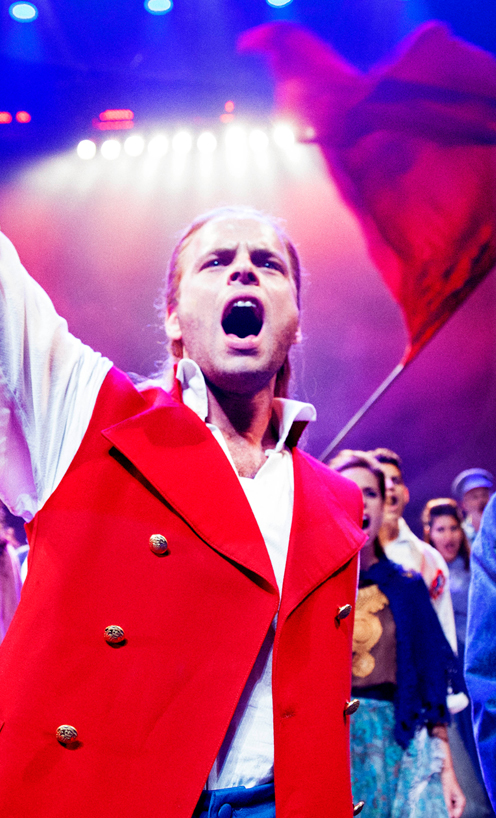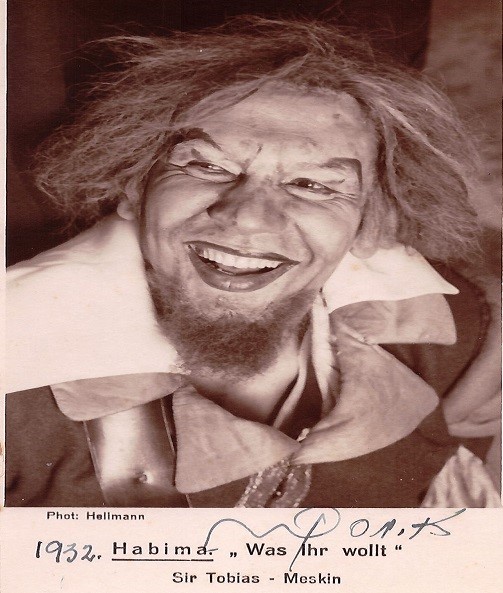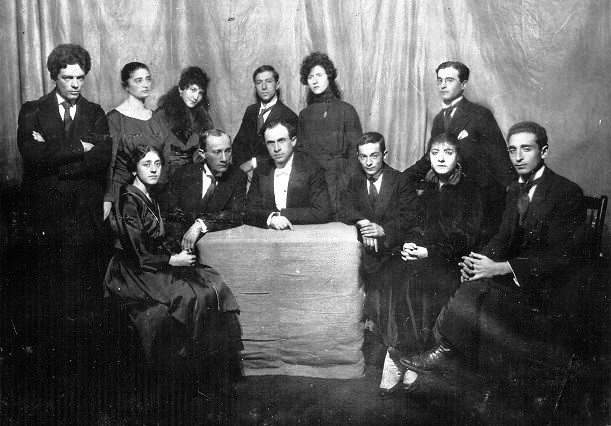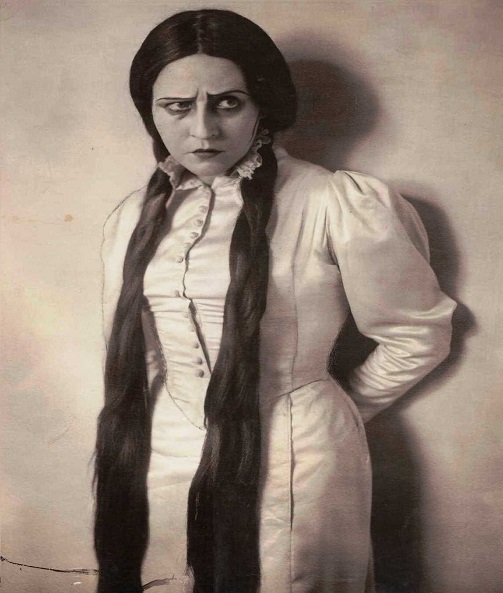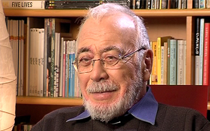In 1958 the Israeli government led by David Ben-Gurion declared Habima to be Israel’s national theatre. The same year, Habima was awarded the Israel Prize for its significant contribution to Israeli culture and society.
From Habima’s beginnings in Moscow as a professional Hebrew theatre, to its immigration to the land of Israel, to the construction of its theatre hall in Tel Aviv and its establishment as Israel’s national theatre: this is the story of how the vision of a small group of Jews who dreamed of acting in the Hebrew language turned into Habima Theatre - the National Theatre of Israel.
Around 120 of the best actors in Israel make up Habima’s remarkable company, which includes both young and veteran actors, from 92-year-old “First Lady of Israeli Theatre” Lea Koenig to the theatre’s youngest member. This magnificent company is conducted by a team of creators who are at the top of their fields in Israel and around the world.
Read More...
Habima’s management has laid out a series of goals – our “principles of faith”, expressing the character of the National Theatre and its role in society:
1. Promoting Israeli classics and original plays and creating an incubator for young Israeli playwrights. We place great importance on the “melting pot” created between young playwrights and the Israeli/Jewish/Hebrew classics.
2. Showcasing Jewish playwriting and works from Jewish playwrights or which concern Judaism.
3. The “Hebrew Cultural Heroes on the Stage of the National Theatre” project, commemorating the greats of Hebrew culture on the stage of Habima. Each year the theatre will produce biographical plays that wind the stories of our cultural heroes together with their works. These include: Naomi Shemer (Road Signs), Leah Goldberg (White Days by Shahar Pinkas), Natan Alterman (The Abandoned Melody by Motti Lerner), refusenik Ida Nudel (play by Shay Lahav), Hayim Nahman Bialik (Behind the Fence), Yitzhak Navon (Bustan Sepharadi), Yair Rosenblum (Mika), Ehud Manor, Judah Halevi, Alexander Penn, and Hanna Rovina (Was it Ever by Edna Mazia), Sami Michael (Refuge), Eli Amir (The Bicycle Boy), and more.
4. Establishing an academic college for the performing arts that will operate within the theatre and train students interested in working in the performing arts, including tracks for playwriting, directing, design, and managing cultural institutions.
5. Establishing a museum dedicated to the history of Hebrew-Jewish theater (from 1900 to today), which will operate in collaboration with Habima’s archives, the Hanna Rovina Pavilion, and the theatre’s 100-year anniversary exhibition, in cooperation with the Tel Aviv Museum of Art. These bodies will work together to turn the National Theatre building into a spiritual and educational cultural center, a sort of visitor’s center serving theatregoers and the general public, young and old.
6. Establishing a branch of Habima National Theatre in Jerusalem.
Habima National Theatre should and must be a magnet for wide and diverse audiences, primary and secondary school students, and IDF soldiers.
